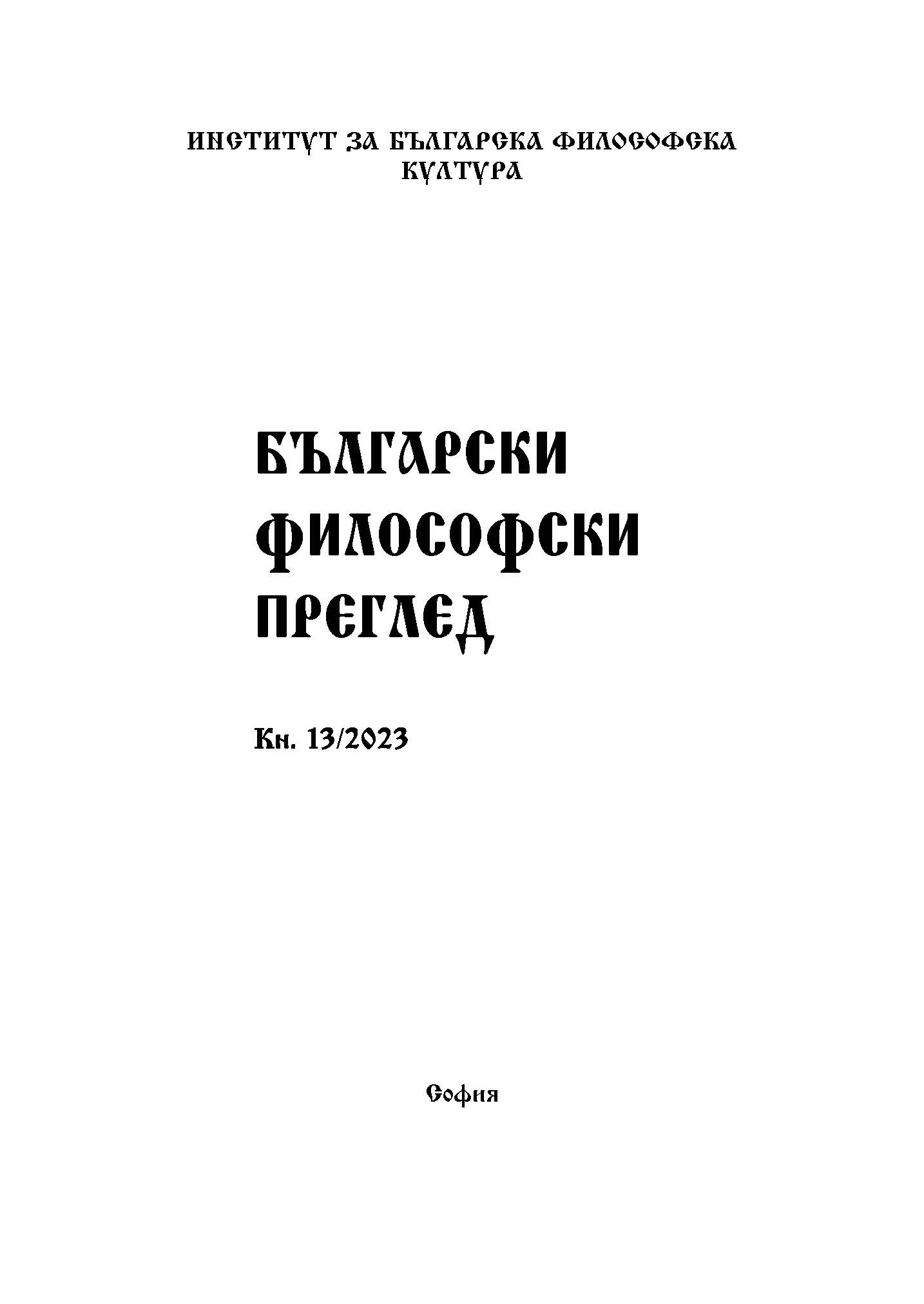Не животно, а човек
Not Animal but Human
Author(s): Boryana UzunovaSubject(s): Philosophy, History of Philosophy, 19th Century Philosophy, Contemporary Philosophy, Phenomenology, Hermeneutics
Published by: Институт за българска философска култура
Summary/Abstract: Differentiating „man” from „animal” has never been a simple task of classification. Maintaining a clear and unbridgeable gulf between the two has always been an important condition for domination. Apart from making it „only too natural” for humans to rule over all other beings, this „anthropological difference” can also be used as a powerful mechanism for the subjugation of one group of people to another. Last but not least, the abyss between „animal” and „human” can serve as a guarantee for the existence of higher ontological dimensions beyond the „simple” physiological realm, revealed and/or functioning through human thoughts, words, properties and actions. The early twentieth century marked an interesting watershed in the way humans related themselves to animals. Two leading motifs could be discerned there. On the one hand, there was the burgeoning epistemological pluralism, which couldn't just be brushed aside, but at the same time, the strife for a unifying vision and stable reference points was still alive and well. One of the forms in which these two opposing tendencies found common expression was the philosophical anthropology of the first half of the 20th century in Germany. A meeting would be arranged between biology and metaphysics around the question „What is man?” providing plenty possibilities in an arguably final attempt at co-existing. One of the driving forces of this endeavor would be the restating of the anthropological difference, with a major factor of making it possible to appear as the prodigious ability called „self-consciousness” or „self-reflection”
Journal: Български философски преглед
- Issue Year: 2023
- Issue No: 13
- Page Range: 30-43
- Page Count: 14
- Language: Bulgarian
- Content File-PDF

